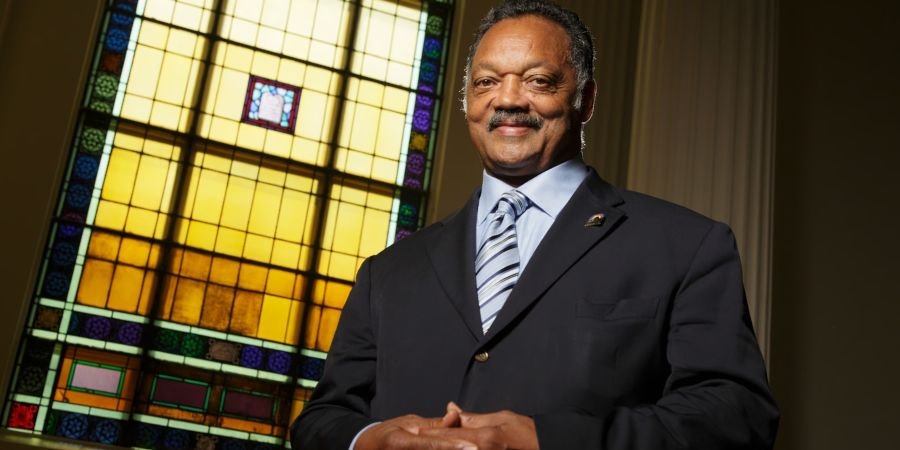Africa is often described as a continent of contrasts. With more than fifty countries and thousands of ethnic groups, its business environment reflects a vast spectrum of languages, customs, and traditions. In such a landscape, leadership requires more than technical expertise or financial acumen. It requires cultural intelligence. The ability to understand, respect, and adapt to diverse cultural frameworks is emerging as a defining feature of successful leaders in African business.
The Power of Language in Leadership
Language is more than a tool of communication. In Africa, it carries identity, history, and trust. A leader who addresses a community or team in its native language does more than convey information. They signal respect and belonging. This creates bonds of trust that cannot easily be replicated by monetary investment or contractual agreements. Multilingual leaders often find themselves at a natural advantage, navigating conversations in ways that resonate on both personal and professional levels.
However, cultural intelligence in language does not always mean fluency. It can also be the sensitivity to know when to bring in translators, when to listen rather than speak, and when to use silence as a sign of respect. Leaders who understand this nuance demonstrate that they value their stakeholders as people, not just as business partners.
Customs as a Framework for Collaboration
African business is inseparable from African culture. Customs often define how partnerships are initiated, how negotiations proceed, and how commitments are honored. In some communities, business relationships begin with rituals of hospitality or gift giving. In others, time is devoted to building a personal connection before contracts are signed. A leader who overlooks these traditions risks being perceived as dismissive or even arrogant.
Cultural intelligence equips leaders with the patience to understand these customs and the humility to follow them. When leaders participate respectfully, they are not only acknowledging tradition but also laying the groundwork for trust and long-term collaboration. In a continent where personal relationships are often more influential than written agreements, this sensitivity is vital.
Traditions as Sources of Wisdom
Traditions in Africa often hold deep wisdom about sustainability, resilience, and community. For example, the principle of Ubuntu in Southern Africa emphasizes interconnectedness and mutual responsibility. Leaders who integrate such philosophies into their organizations foster environments where collaboration thrives over competition. Similarly, many African traditions emphasize stewardship of natural resources, offering guidance on sustainable business practices that align with global priorities on climate and environmental responsibility.
A culturally intelligent leader does not treat traditions as obstacles to modernization but as reservoirs of knowledge that can enrich business strategy. They recognize that blending modern practices with traditional wisdom creates an approach uniquely suited to the African context.
Leadership Rooted in Cultural Awareness
In African business, leadership is not only about directing teams or achieving financial milestones. It is also about guiding people through a landscape where meaning is deeply tied to culture. Leaders who cultivate cultural intelligence demonstrate humility, curiosity, and adaptability. They lead by showing that they are learners as well as decision makers.
This form of leadership fosters inclusivity. Employees feel seen and respected when their culture is acknowledged in the workplace. Communities are more likely to welcome businesses that show understanding of their values and heritage. Investors and global partners also recognize the credibility of leaders who can bridge cultural divides effectively.
A Bridge Between Local and Global
Africa is becoming a focal point for global trade and investment. Multinational companies see the continent as a rising frontier, but they often face challenges in aligning with local customs and expectations. Leaders with cultural intelligence act as bridges, helping global businesses integrate without alienating local communities.
Such leaders can interpret the nuances of communication, anticipate cultural missteps, and design strategies that respect local values while meeting international standards. In this way, they are not only advancing their organizations but also shaping Africa’s reputation as a space where tradition and modernity coexist in harmony.
The Future of Cultural Intelligence in Business
As Africa embraces digital transformation, urbanization, and globalization, cultural intelligence will remain a vital compass for leadership. The continent’s diversity will continue to expand with migration, cross-border trade, and new forms of collaboration. Leaders who cultivate cultural intelligence will be equipped to navigate this complexity with grace and effectiveness.
Future African leaders are likely to be those who see culture not as a barrier but as a strategic asset. They will recognize that in the richness of Africa’s diversity lies a unique strength. By embracing languages, customs, and traditions, they will create organizations that are resilient, inclusive, and globally respected.
Conclusion
Cultural intelligence is not a soft skill but a core competency for leadership in African business. It allows leaders to connect authentically, collaborate respectfully, and innovate responsibly. In a continent defined by diversity, those who lead with cultural intelligence will set the pace for sustainable growth and enduring success.
Read Also: Africa’s Digital Leapfrog: Technology as the New Pathway to Growth








